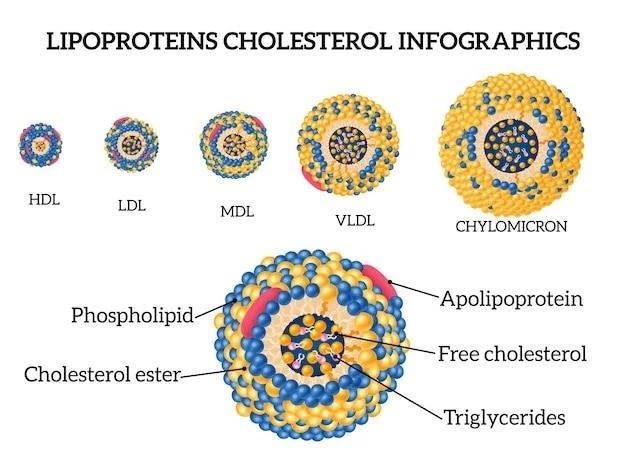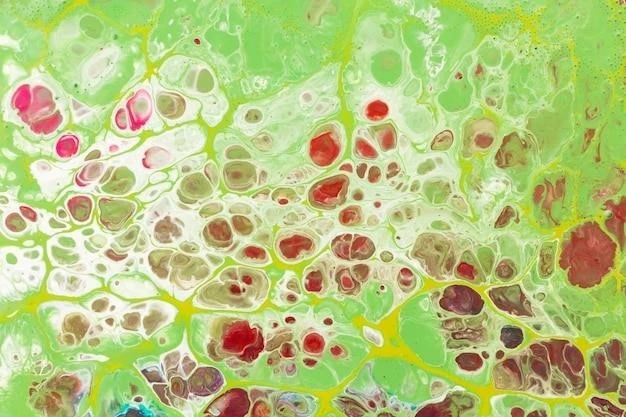The disease known as Sulfatidosis Juvenile‚ Austin Type‚ also referred to as MSD‚ is an autosomal recessive disorder impacting multiple sulfatases.
Definition and Terminology
Sulfatidosis juvenile‚ Austin type‚ also known as Multiple Sulfatase Deficiency (MSD)‚ is an extremely rare autosomal recessive disorder affecting the activity of various sulfatases‚ including arylsulfatase A and steroid sulfatase. This condition manifests with diverse symptoms and impacts cognitive and motor functions in affected individuals. Genetic changes in the SUMF1 gene contribute to the pathogenesis of this disorder.
Genetic Basis and Inheritance
Sulfatidosis juvenile‚ Austin type‚ is an autosomal recessive disorder caused by genetic changes in the SUMF1 gene. It affects various sulfatases‚ including arylsulfatase A and steroid sulfatase.
Autosomal Recessive Inheritance
Sulfatidosis juvenile‚ Austin type‚ follows an autosomal recessive pattern of inheritance‚ where two copies of the altered SUMF1 gene are needed to develop the disorder. This genetic condition primarily affects various sulfatases‚ contributing to the diverse symptoms seen in affected individuals.
Clinical Presentation
The clinical presentation of Sulfatidosis Juvenile‚ Austin Type typically includes signs and symptoms that manifest in mid- to late childhood‚ with affected individuals initially experiencing normal cognitive development followed by psychomotor regression.
Onset and Symptoms
Sulfatidosis juvenile‚ Austin type‚ typically presents with symptoms in mid- to late childhood‚ with affected individuals displaying normal early cognitive development followed by psychomotor regression. This regression‚ unique to the juvenile type‚ progresses at a slower rate compared to other variants.
Variants and Severity
The rarest form of multiple sulfatase deficiency‚ Sulfatidosis Juvenile‚ Austin Type‚ typically presents signs in mid- to late childhood‚ impacting cognitive development and motor functions in affected individuals.
Distinctions Between Neonatal‚ Late-Infantile‚ and Juvenile Types
Sulfatidosis juvenile‚ Austin type‚ belongs to the rarest form of multiple sulfatase deficiency‚ where affected individuals typically exhibit symptoms in mid- to late childhood‚ affecting cognitive development and motor functions. This form of the disorder can present with unique clinical features compared to the neonatal and late-infantile types.
Molecular Pathophysiology
Sulfatidosis juvenile‚ Austin type‚ is characterized by an autosomal recessive inheritance pattern linked to genetic alterations in the SUMF1 gene. These mutations impair the activity of various sulfatases‚ such as arylsulfatase A and steroid sulfatase‚ leading to the clinical manifestations seen in affected individuals.
Impact on Multiple Sulfatases
Sulfatidosis juvenile‚ Austin type‚ an extremely rare autosomal recessive disorder‚ affects the activity of multiple sulfatases‚ including arylsulfatase A‚ various mucopolysaccharide sulfatases‚ and steroid sulfatase. The deficiency in these enzymes plays a crucial role in the clinical presentation of the disease.
Diagnostic Approaches
Diagnosing Sulfatidosis Juvenile‚ Austin Type typically involves laboratory testing to assess the activity of various sulfatases‚ genetic testing to detect mutations in the SUMF1 gene‚ and imaging studies to evaluate neurological involvement in affected individuals.
Laboratory Testing and Imaging
Diagnosing Sulfatidosis Juvenile‚ Austin Type often involves laboratory testing to assess the activity of various sulfatases‚ genetic testing to identify mutations in the SUMF1 gene‚ and imaging studies like MRI or CT scans to evaluate manifestations in the nervous system‚ aiding in the confirmation of diagnosis.
Treatment strategies for Sulfatidosis Juvenile‚ Austin Type may involve supportive care to manage symptoms and complications‚ specialized therapies targeting specific sulfatases affected‚ and ongoing monitoring to address the individual needs of affected individuals.

Treatment Strategies
Treatment for Sulfatidosis Juvenile‚ Austin Type focuses on managing symptoms and potentially slowing disease progression through supportive care‚ specialized therapies targeting specific affected enzymes‚ and ongoing monitoring to adjust therapeutic approaches as needed.
Research on Sulfatidosis Juvenile‚ Austin Type includes investigations into genetic changes in the SUMF1 gene‚ the impact on sulfatase activity‚ and potential therapeutic targets to address the disease’s underlying mechanisms.
Research and Studies
Scientific investigations on Sulfatidosis Juvenile‚ Austin Type focus on understanding the genetic changes in the SUMF1 gene‚ exploring the impact on sulfatase activity‚ and identifying potential therapeutic targets to mitigate the underlying mechanisms of the disease.
Prognosis and Management
Sulfatidosis Juvenile‚ Austin Type’s prognosis varies widely‚ and management involves supportive care‚ symptomatic treatment‚ and monitoring to address individual needs of affected individuals.
Long-Term Outlook and Supportive Care
The long-term outlook for individuals with Sulfatidosis Juvenile‚ Austin Type varies due to the wide range of symptoms. Management typically involves supportive care‚ addressing symptoms and complications as they arise‚ and providing assistance tailored to the specific needs of each affected individual.
Specialist Involvement
Specialists involved in the management of Sulfatidosis Juvenile‚ Austin Type include geneticists‚ neurologists‚ metabolic disorder specialists‚ and genetic counselors who collaborate to provide comprehensive care and support to affected individuals and their families. Their expertise contributes to tailored treatment plans and genetic counseling to address the complex needs of individuals with this rare disorder.
Role of Healthcare Providers
Healthcare providers play a crucial role in the management of Sulfatidosis Juvenile‚ Austin Type‚ providing specialized care‚ genetic counseling‚ and coordinating multidisciplinary approaches to address the complex needs of individuals affected by this rare disorder.
Support communities play a vital role in aiding individuals with Sulfatidosis Juvenile‚ Austin Type‚ providing resources‚ emotional support‚ and connections to others facing similar challenges in managing this rare disorder.
Support Communities
Support communities for Sulfatidosis Juvenile‚ Austin Type play a vital role in providing resources‚ emotional support‚ and a sense of community for individuals and families affected by this rare autosomal recessive disorder. These support groups offer a platform for sharing experiences‚ accessing information‚ and navigating the challenges associated with managing this condition.
Global Impact and Prevalence
The incidence and geographic distribution of Sulfatidosis Juvenile‚ Austin Type are not extensively documented due to its rarity; however‚ it is considered one of the rarest forms of multiple sulfatase deficiency‚ affecting individuals worldwide with varying degrees of prevalence across populations.
Incidence and Geographic Distribution
The prevalence and geographic distribution of Sulfatidosis Juvenile‚ Austin Type are not extensively documented due to its rarity‚ making it among the rarest forms of multiple sulfatase deficiency. This condition affects individuals globally‚ with varying prevalence rates observed across different populations.
Research on potential therapies and clinical trials for Sulfatidosis Juvenile‚ Austin Type is essential in exploring novel treatment approaches‚ including enzyme replacement therapies‚ gene therapy strategies‚ and small molecule interventions to address the underlying molecular mechanisms of this rare disorder.

Emerging Therapies and Clinical Trials
Advancements in treatment research for Sulfatidosis Juvenile‚ Austin Type are progressing‚ focusing on potential novel therapeutic strategies such as enzyme replacement therapies‚ gene therapy interventions‚ and small molecule approaches to target the molecular mechanisms underlying this rare autosomal recessive disorder.
Future Directions in Sulfatidosis Research
Future research on Sulfatidosis Juvenile‚ Austin Type aims to further understand the genetic and molecular underpinnings of the disorder‚ explore innovative therapeutic interventions such as gene editing technologies‚ and advance personalized treatment strategies to improve the quality of life for individuals affected by this rare autosomal recessive condition.
Promising Areas of Study and Collaboration Efforts
Research efforts on Sulfatidosis Juvenile‚ Austin Type focus on promising areas such as exploring gene editing technologies‚ developing targeted therapies‚ and enhancing collaborative initiatives to advance treatment options and improve outcomes for individuals affected by this rare autosomal recessive disorder.
